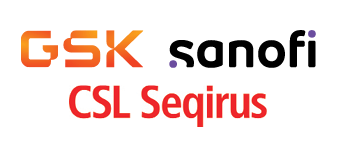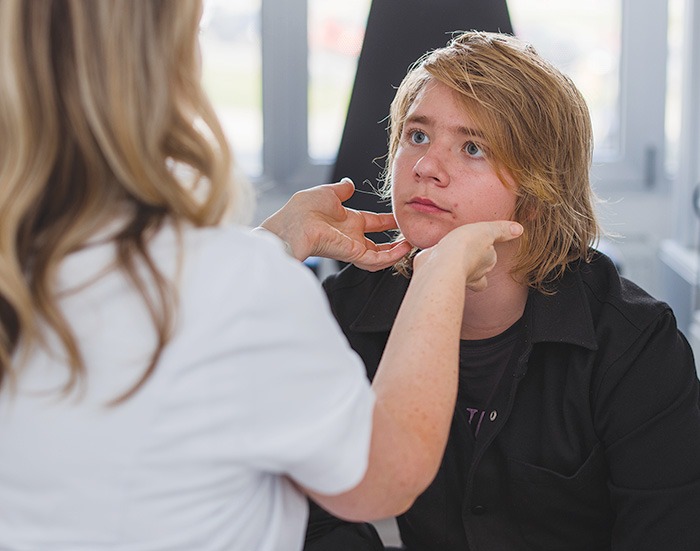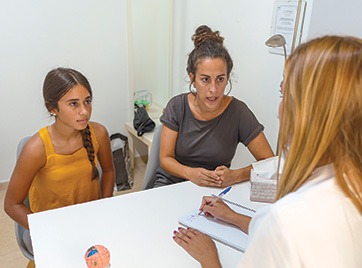Case scenario
You work part-time as a general practice pharmacist. You have completed the Org HLR for the practice and discovered that its current process for making appointments is confusing for the patients as their systems are partly electronic and partly in hard copy. Many patients are from a culturally and linguistically diverse background and don’t have digital devices. Access and navigation issues such as this are key health literacy challenges that patients encounter every day, these challenges may impact their ability to effectively manage their health.
Learning objectivesAfter completing this activity pharmacists should be able to: ● Recognise patient groups at risk of poor health outcomes and medicine-related harm Competencies addressed (2016): 1.1, 1.4, 1.5, 2.2, 3.1, 3.5. |
Already read the CPD in the journal? Scroll to the bottom to SUBMIT ANSWERS.
Introduction
Patients who lack sufficient ability to access, understand and evaluate health information to make appropriate health decisions (i.e. those with low health literacy), are at risk of poorer health in a variety of settings across the course of their life.
Health literacy is considered to be a significant social determinant of health that can influence an individual’s health outcomes. This combined with the recognition of the effect of social inequality on health
THIS IS A CPD ARTICLE. YOU NEED TO BE A PSA MEMBER AND LOGGED IN TO READ MORE.



 Pharmacists have always prescribed, but they have the potential to prescribe much more
Pharmacists have always prescribed, but they have the potential to prescribe much more



 Sponsorship information
Sponsorship information


 Talking to patients who have questions
Talking to patients who have questions






